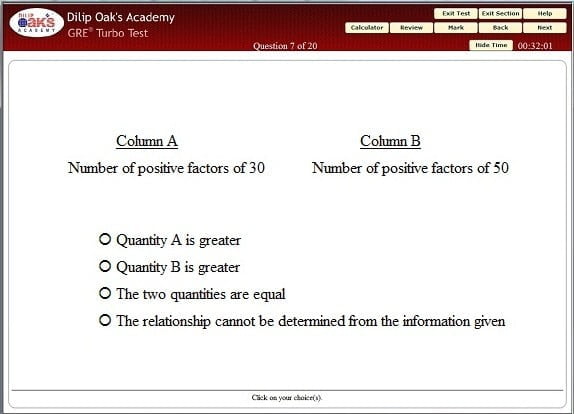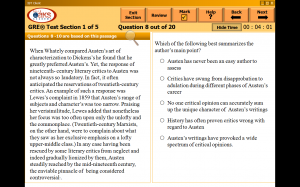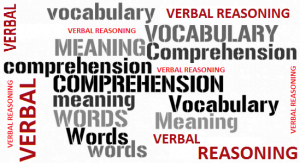 Those numbers are important because they are part of the changes that make Analytical Writing (earlier called the Analytical Writing Measure) trickier and more demanding on the Revised General GRE,which was released in August last year.
Those numbers are important because they are part of the changes that make Analytical Writing (earlier called the Analytical Writing Measure) trickier and more demanding on the Revised General GRE,which was released in August last year.
So, what are the changes? Firstly as noted above, the essay section is now called just Analytical Writing (or AW for short). The ETS has been making changes in various aspects of the GRE test to make it more like the GMAT. This is one of them. The second is that the Issue Essay is now just for 30 minutes rather than 45 as earlier. This again, makes the GRE more like the GMAT.
But the ‘6’ and ‘8’ are part of a feature that is entirely unique to the Analytical Writing section of the Revised General GRE test. The numbers come in because now instead of one question type for the Issue Essay, you now have 6, and instead of one question type for the Argument Essay you now have 8. Each of the question types directs the test-taker to do or comment on something very specific relating to the given topic – and in their introductory material the ETS repeatedly states that test-takers should follow the specific directions given for the topic, so obviously it is important that you better know exactly what each question type demands and also how to meet the specific requirements.
To find out more official information about this from the ETS visit the following link:
http://www.ets.org/gre/revised_general/about/content/analytical_writing
For our perspective, wait for our upcoming blogs on the Issue and Argument Tasks. Till then, happy hunting as you check out the ETS’s requirements for the tweaked and tricky AW section!
Related Links
GRE Overview:
GRE Practical Details:
GRE Maths Tips
GRE Tips From Top-Scoring Students
TOEFL/IELTS






